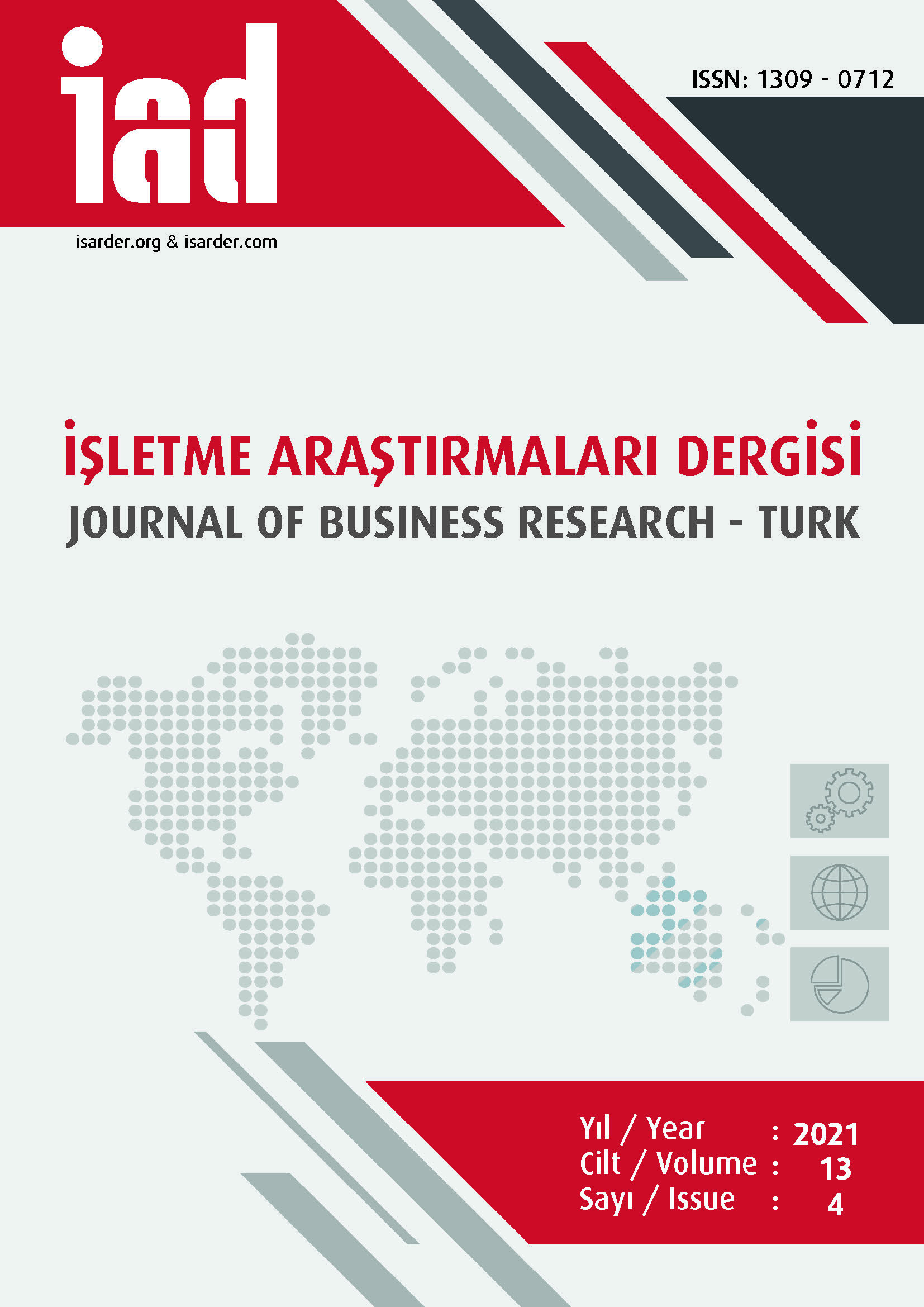(A Longitidunal Research on the Entreprenuership Inclination of University Students)
DOI:
https://doi.org/10.20491/isarder.2021.1344Keywords:
Entrepreneurship, Entrepreneurship inclination, Entrepreneurship educationAbstract
Purpose – This study's aim is to investigate whether there is a significant difference between the entrepreneurship inclination of business students in their first year and fourth year. Design/methodology/approach – This article presents a quantitative and longitudinal study. In this context, data were collected with survey techniques in October 2015 and May 2019 to measure the entrepreneurial trends of students. The scale developed by Koh (1996) and validated in Turkish by İşcan and Kaygın (2011) was used to measure entrepreneurial inclination. The scale consists of self-confidence, innovativeness, need to achieve, intrinsic control focus, tendency to take risks, and tolerance to uncertainty dimensions. Findings – In the study's conclusion, the students do not exhibit a significant difference between entrepreneurship inclination of business students in their first year and fourth year. Moreover, the student's tolerance for ambiguity is very low. Discussion – The students' entrepreneurial inclinations can be affected by economic conditions. In the study, data were collected from the same group of students in different periods (in 2015 and 2019). The student's entrepreneurial inclinations may have been affected by national or international economic conditions during which data was collected. In addition, the collection of research data from students of a single public university can impact results.
Downloads
Published
How to Cite
Issue
Section
License

This work is licensed under a Creative Commons Attribution-NoDerivatives 4.0 International License.





